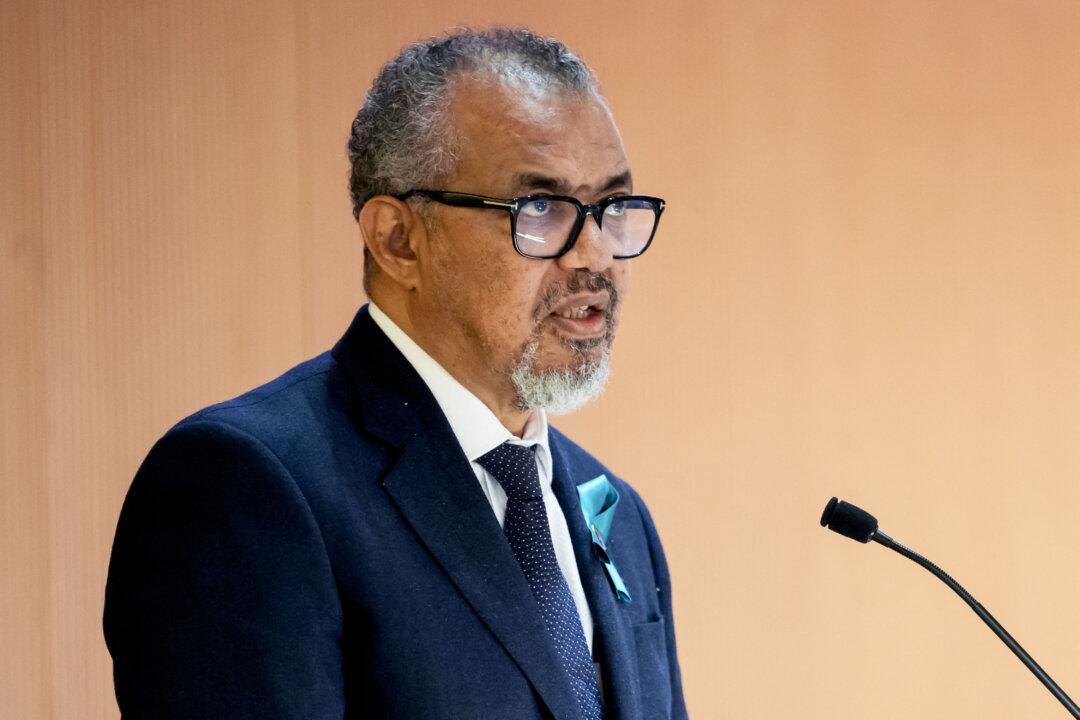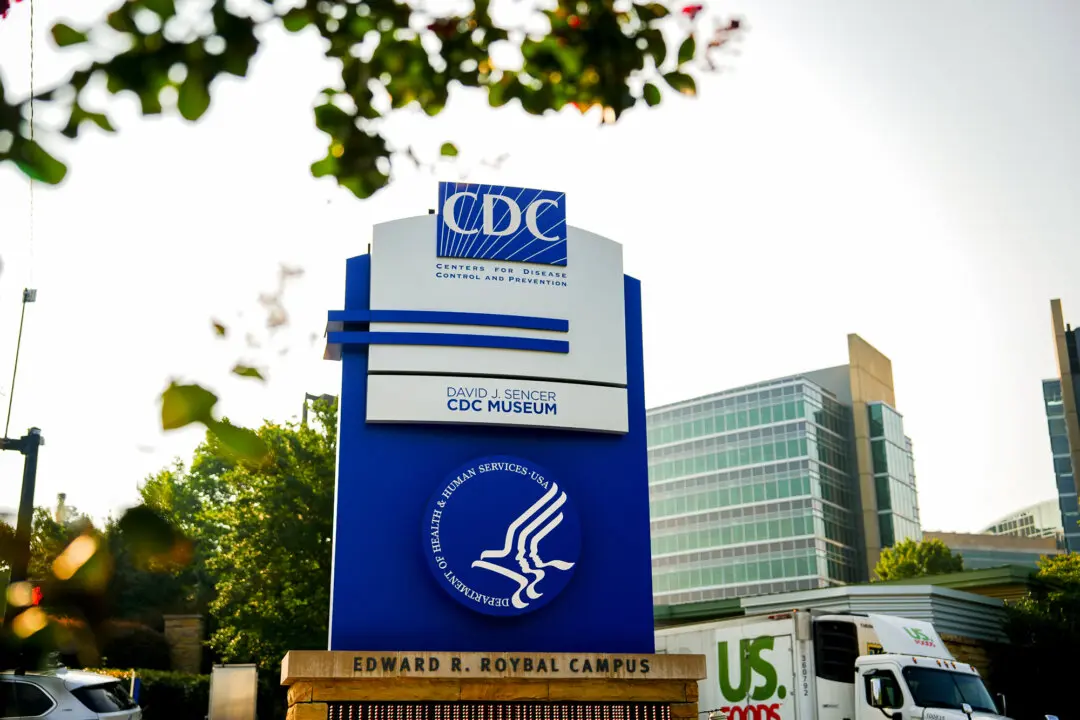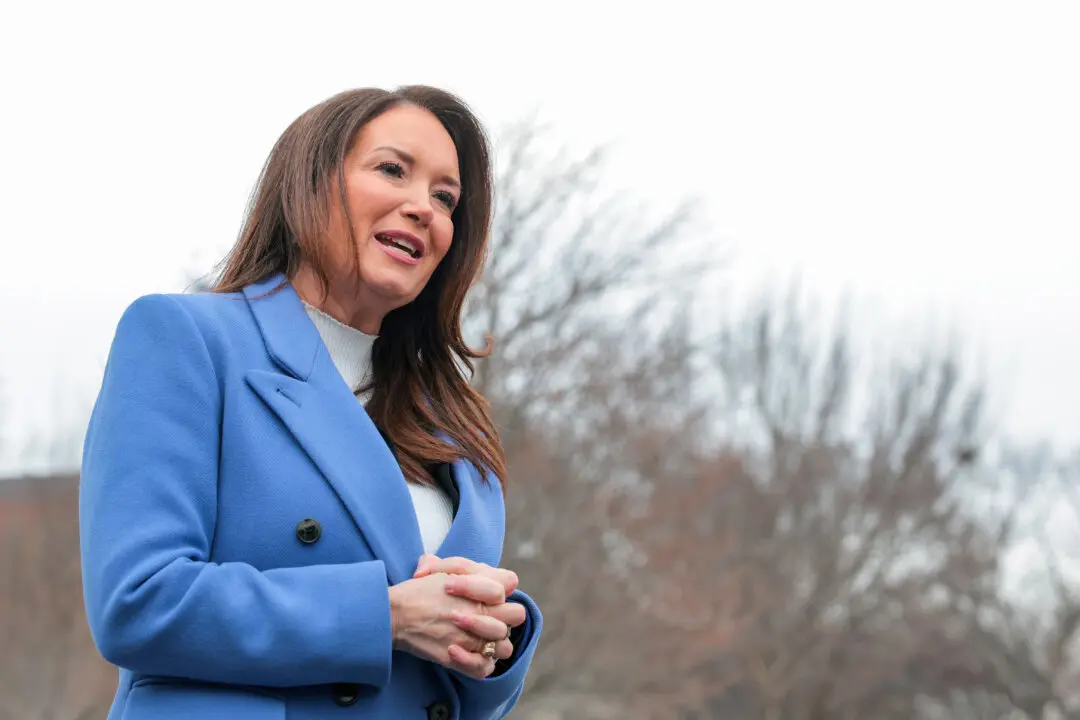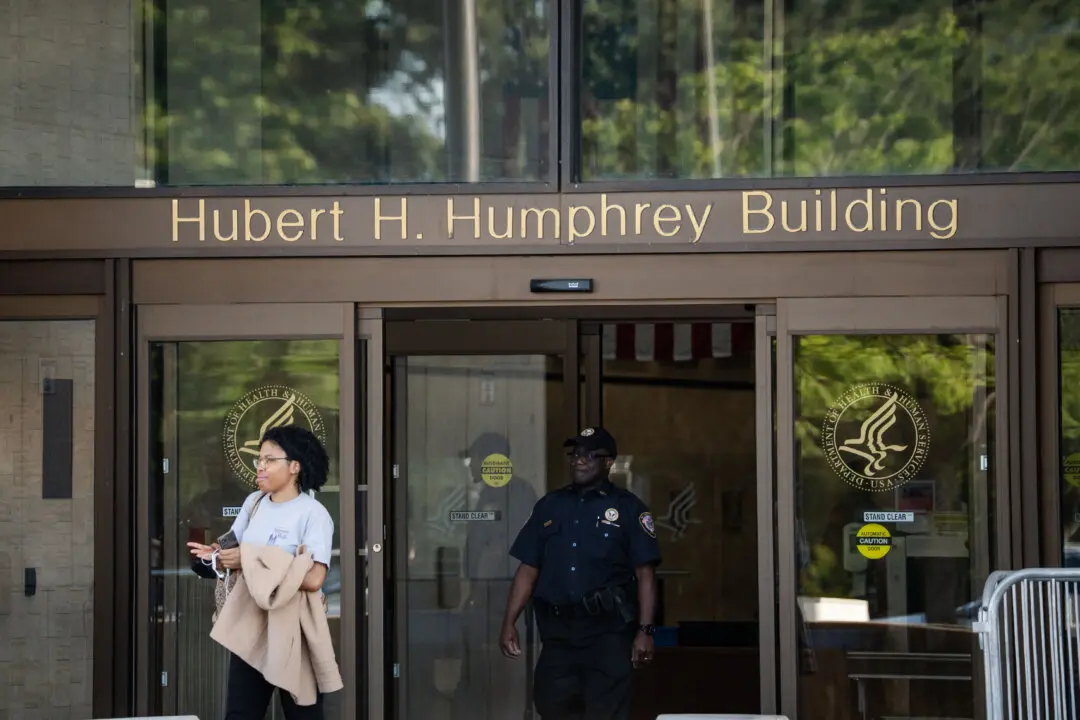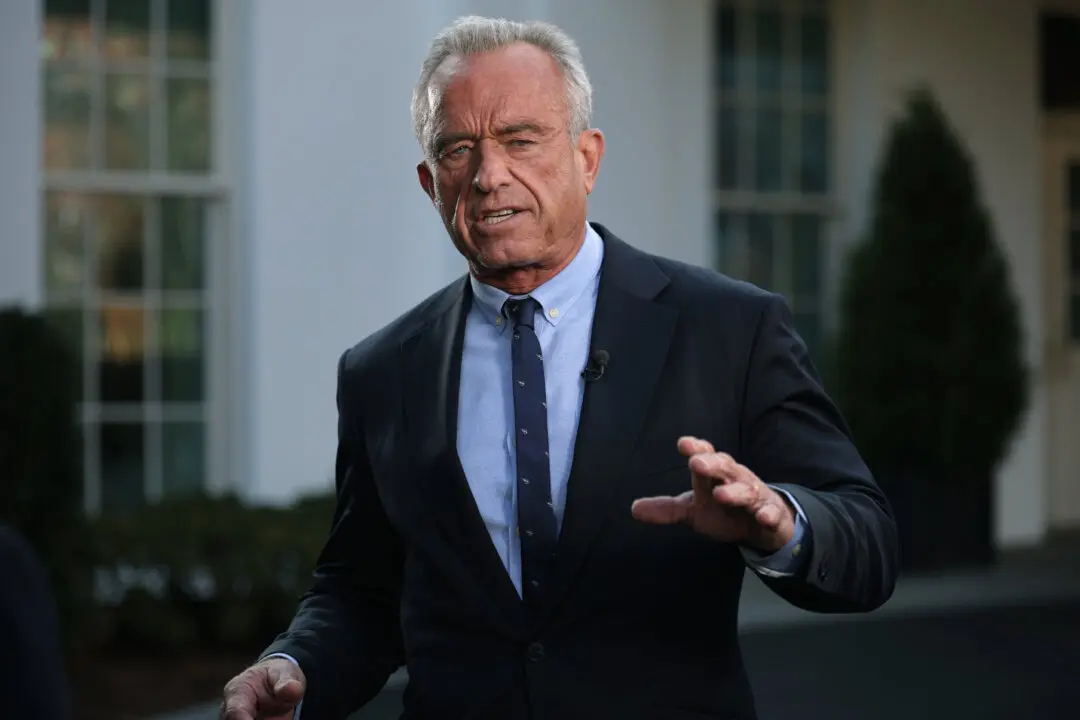The World Health Organization (WHO) on May 20 approved a pandemic agreement that is aimed at preventing, preparing for, and responding to future health emergencies.
The treaty says countries shall adopt a “One Health approach” by taking measures to identify and address factors that start pandemics. It says that countries must train workers to prepare for and respond to health emergencies and take steps to strengthen health systems, including improving vaccine coverage.
